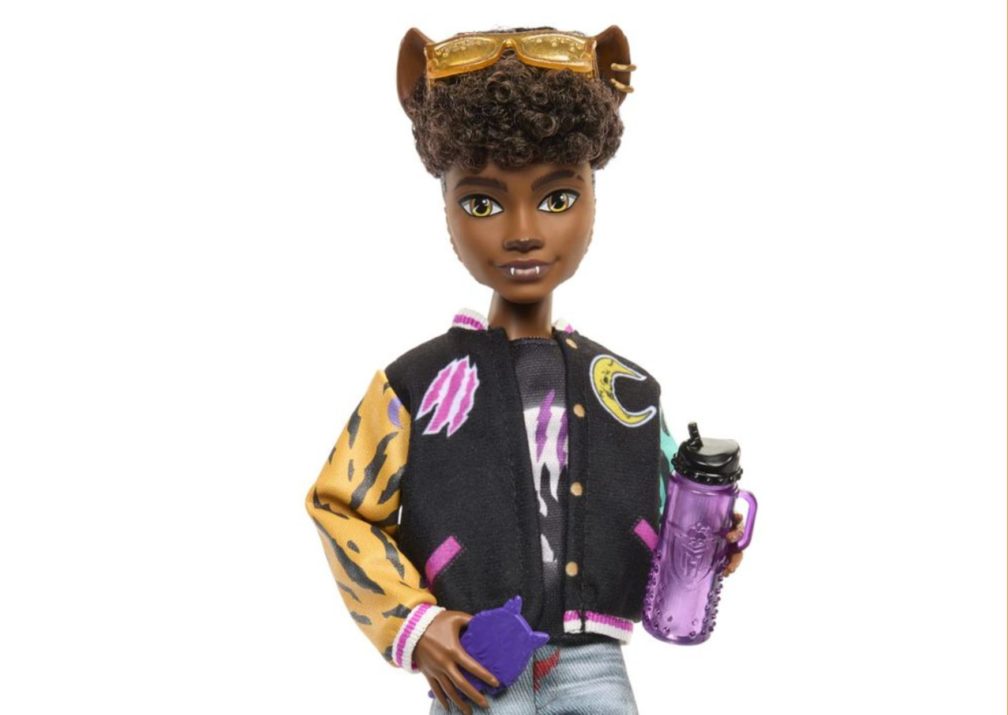
Self-expression is a way of showing who you are to the world, and it’s important to celebrate that uniqueness. When you express yourself, you show the world what you’re passionate about, what you stand for, and what you believe in. This can help you connect with others who share similar interests and values, and it can also help you feel more confident and empowered.
However, self-expression can sometimes be difficult, especially for teens who are dealing with a variety of challenges. Some of the most common issues that teens face are:
- Bullying: Many teens experience bullying, either in person or online. This can make them feel isolated and alone, and it can also damage their self-esteem.
- Body image: Teens are often self-conscious about their appearance, and this can lead to negative feelings about themselves.
- Academic pressure: Teens are under a lot of pressure to perform well academically, which can be stressful and overwhelming.
- Family problems: Many teens come from families that are struggling with issues such as divorce, substance abuse, or financial problems.
- Mental health issues: Depression, anxiety, and other mental health issues can be especially difficult for teens, who may not know how to cope with these feelings.
Unfortunately, some teens may feel so overwhelmed by these challenges that they consider suicide. It’s important to recognize the warning signs of suicide, such as talking about suicide, withdrawing from friends and family, and giving away possessions. If you or someone you know is experiencing these warning signs, it’s important to seek help immediately.
One way to prevent suicide is to encourage self-expression. When teens feel free to express themselves, they are less likely to feel isolated and alone. Here are some ways to encourage self-expression:
- Encourage creative expression: Whether it’s through art, music, or writing, creative expression can be a powerful way to express emotions and connect with others.
- Listen actively: When teens feel heard and understood, they are more likely to open up and express themselves.
- Provide a safe space: Teens need a safe and supportive environment where they can be themselves without fear of judgment or ridicule.
- Celebrate uniqueness: Encourage teens to embrace their individuality and celebrate what makes them unique.
As kids grow older, exposing them to inclusive content and products like Monster High enables them to recognize that each of us is unique, and learn to embrace what makes them special. Dealing with self-esteem or mental health is always a challenge, but cultivating an inclusive system of engagement and play is one way to create a more supportive and accepting world.
